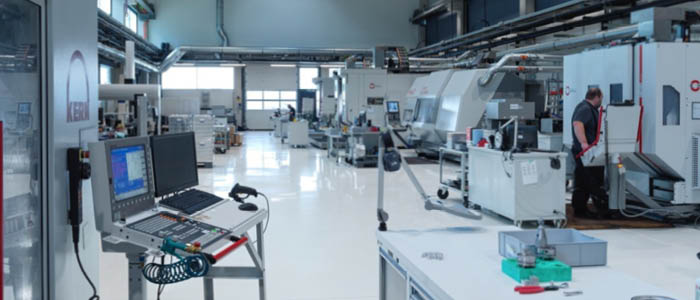Political changes, COVID-19 challenges, a swath of investment activity, and a positive economic situation – Lithuania is truly buzzing, according to Motieka & Audzevicius Partner Giedrius Kolesnikovas.
“The political stage is facing challenges of finding accurate regulations for life with COVID-19,” Kolesnikovas begins. He reports that a national certificate indicating a person’s status (vaccinated, recovered, tested) was introduced and is mandatory for “large supermarkets, a number of businesses, travel, and other fields. As in most European countries, this was met by crowds with fury when people marched into streets against vaccination.”
Kolesnikovas says that, in September, 13 members of parliament, led by former Prime Minister Saulius Skvernelis, split from the majority opposition party, which was a “misfortune for the Farmers and Greens Union, the leading force in the Parliament during the 2016-2020 term.” Kolesnikovas believes that such separation could result in more unpredictability in future parliamentary elections. “It marks the incorporation of yet another solid political movement having reasonable numbers of support from Lithuanian citizens.”
On legislative changes, Kolesnikovas reports that Parliament is set to revote on the “Law on Partnerships, which confers more rights to unmarried couples that have established a relationship corresponding to the partnership as described by law.” He says this includes the right not to testify against the registered partner, the right to inherit, and other rights granted to married couples, under national laws. “Initial voting was not successful with the definition of ‘partners’ being challenged, which is intended to be gender-neutral,” he says, pointing that, while this will not impact deal-making in Lithuania, it does take away from the government’s focus on dealing with economic hardships.
He also reports that new amendments permit notaries to perform actions remotely, upon fulfilling certain conditions. Kolesnikovas says that “in each particular case, the notary shall retain discretion on whether to provide services remotely. These amendments are well regarded by lawyers and the business community, as this should ease the procedures where notaries are involved, as well as enable persons abroad to conclude transactions remotely.”
Reporting on recent deals of note, Kolesnikovas tells of a vibrant market that defies all COVID-19-related predictions. These deals include Linas Agro’s acquisition of Kauno Grudai, the Avia Solutions Group raising EUR 300 million from Certares Management, and General Electric’s investment in a wind farm in Telsiai. He also says the start-up ecosystem in Lithuania had a record year, with investment rounds “of well over EUR 300 million, and significant amounts of capital invested into TransferGo, Brolis Semiconductors, Turing College, Whatagraph, Vinted, Interactio, and CGTrader.” He reports that the increased attention to Lithuanian start-ups has “influenced debates on amending the Law on Companies, amongst other issues, by introducing effective classes of shares in private limited liability companies, corresponding to global standards.”
Kolesnikovas also highlights that “Lithuania has managed to become the largest fintech hub in the EU, in terms of licensed companies, due to significant input by the Central Bank.” Following recent Bank of Lithuania leadership changes, “businesses and fintech associations are expecting clarification of the authority’s policies and positions,” he says.
Given the positive economic outlook, Kolesnikovas reports that the Government plans “to increase the minimum wage from EUR 642 to EUR 730. The final decision should be made in October.” However, he feels that this increase could prove counterproductive for foreign investments, as it could “place an additional burden on businesses and reduce competitiveness.”
With all this activity it is no wonder that the economy has managed to maintain growth. “Private consumption is high due to private savings, good vaccination rates, and falling unemployment. Banks have collected record-high deposits from private clients and are sharing the accumulated funds by financing projects, which contributes to M&A activity,” Kolesnikovas says. “The real estate market is booming, with some signs of burnout and the Central Bank openly discussing potential measures to preserve it. GDP growth is projected for both 2021 and 2022,” he concludes.





























